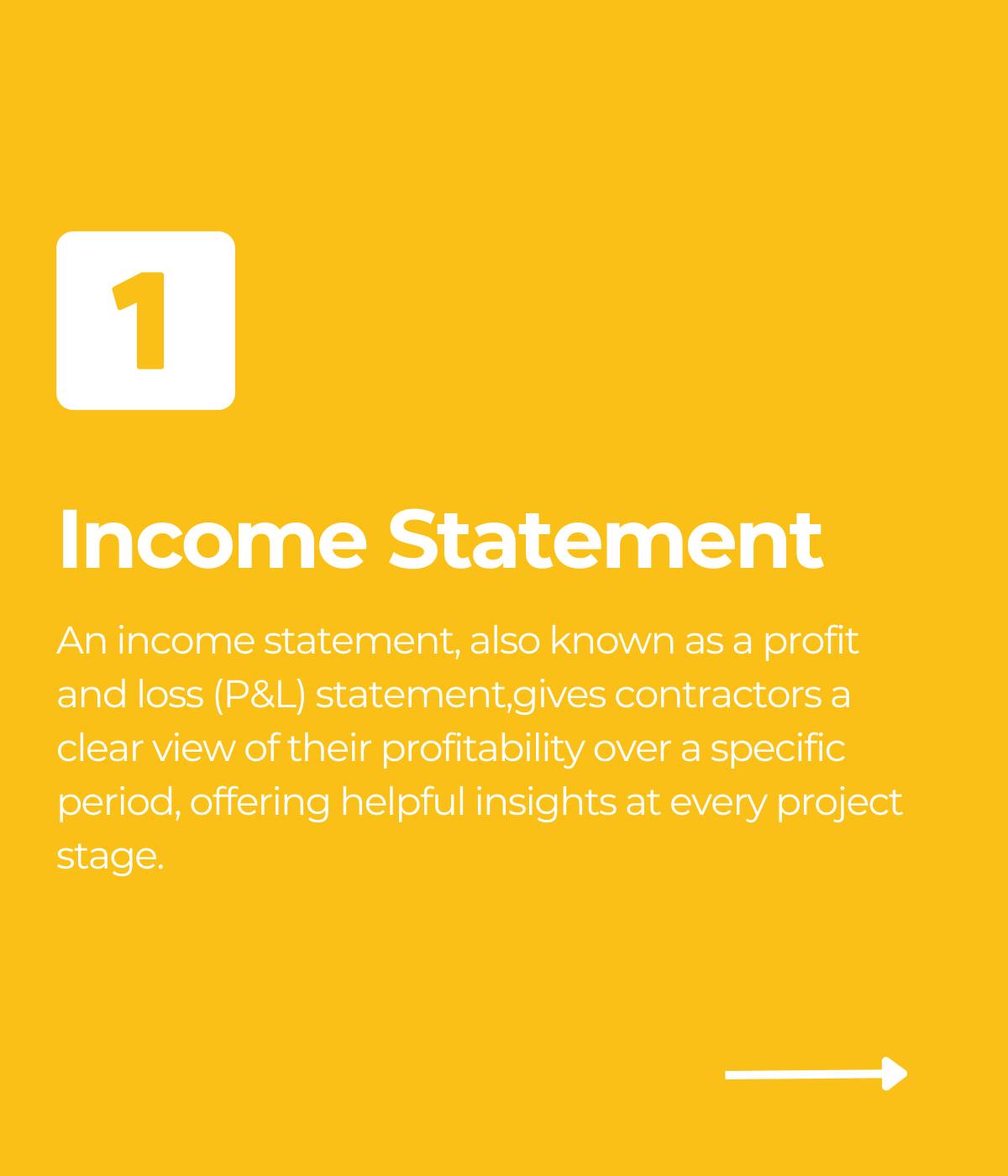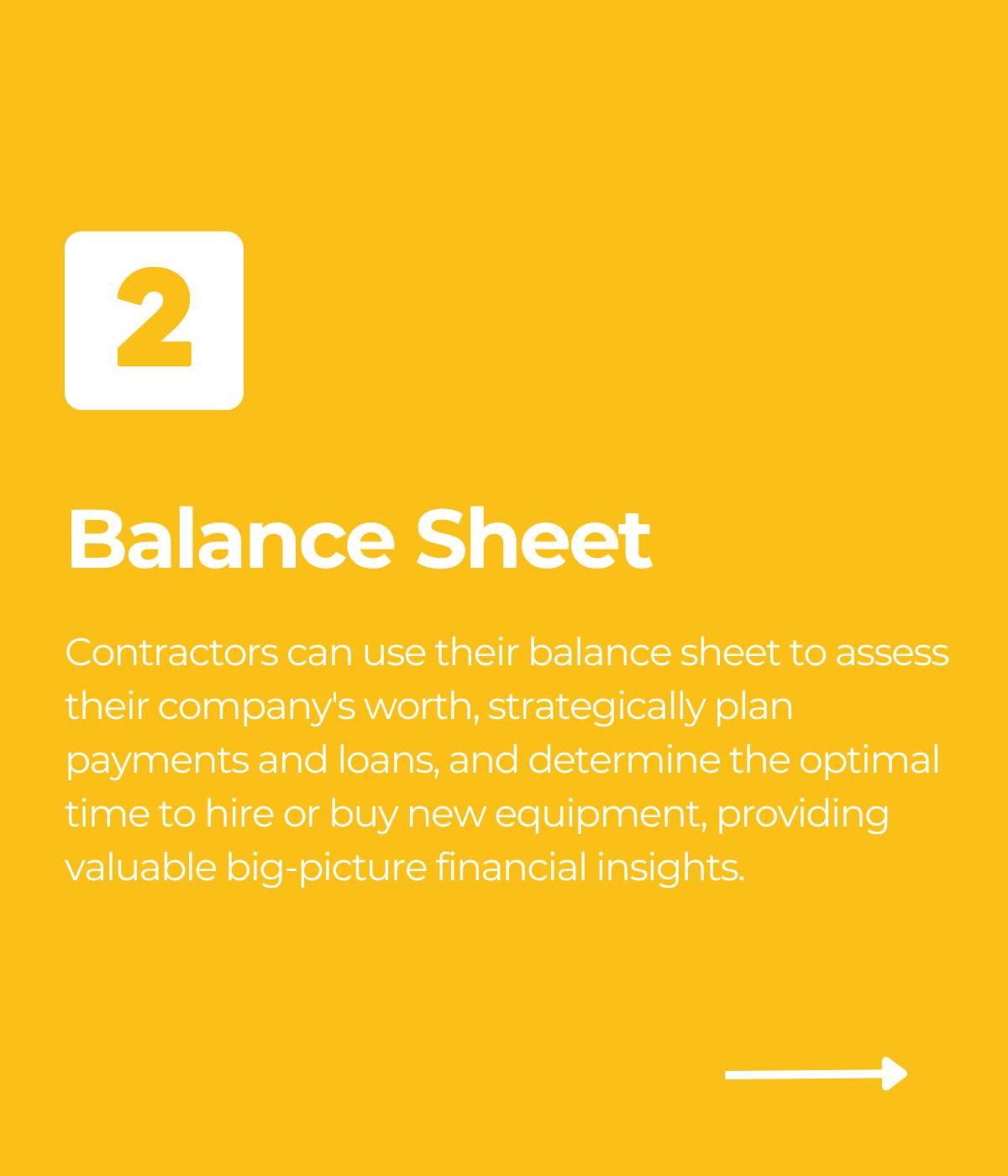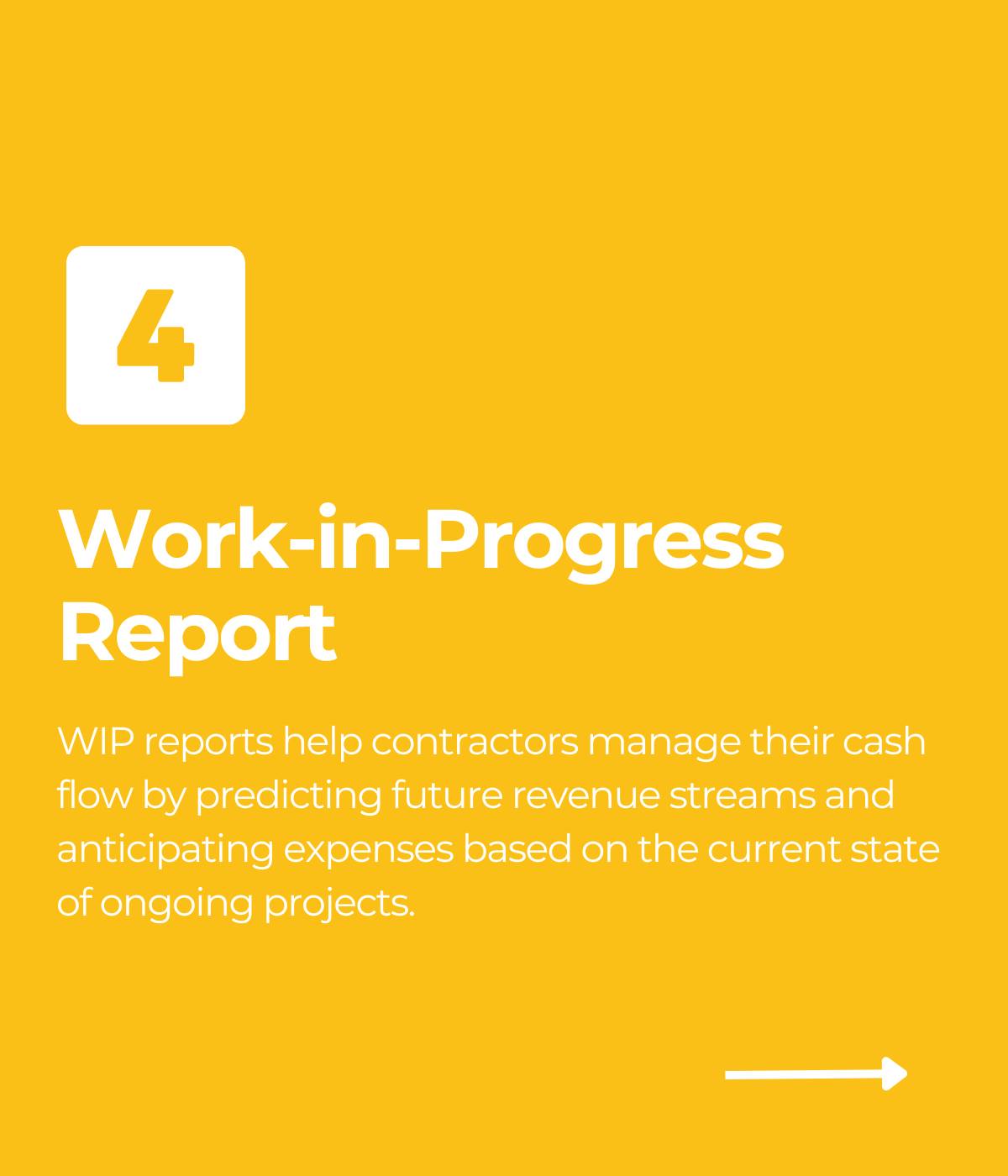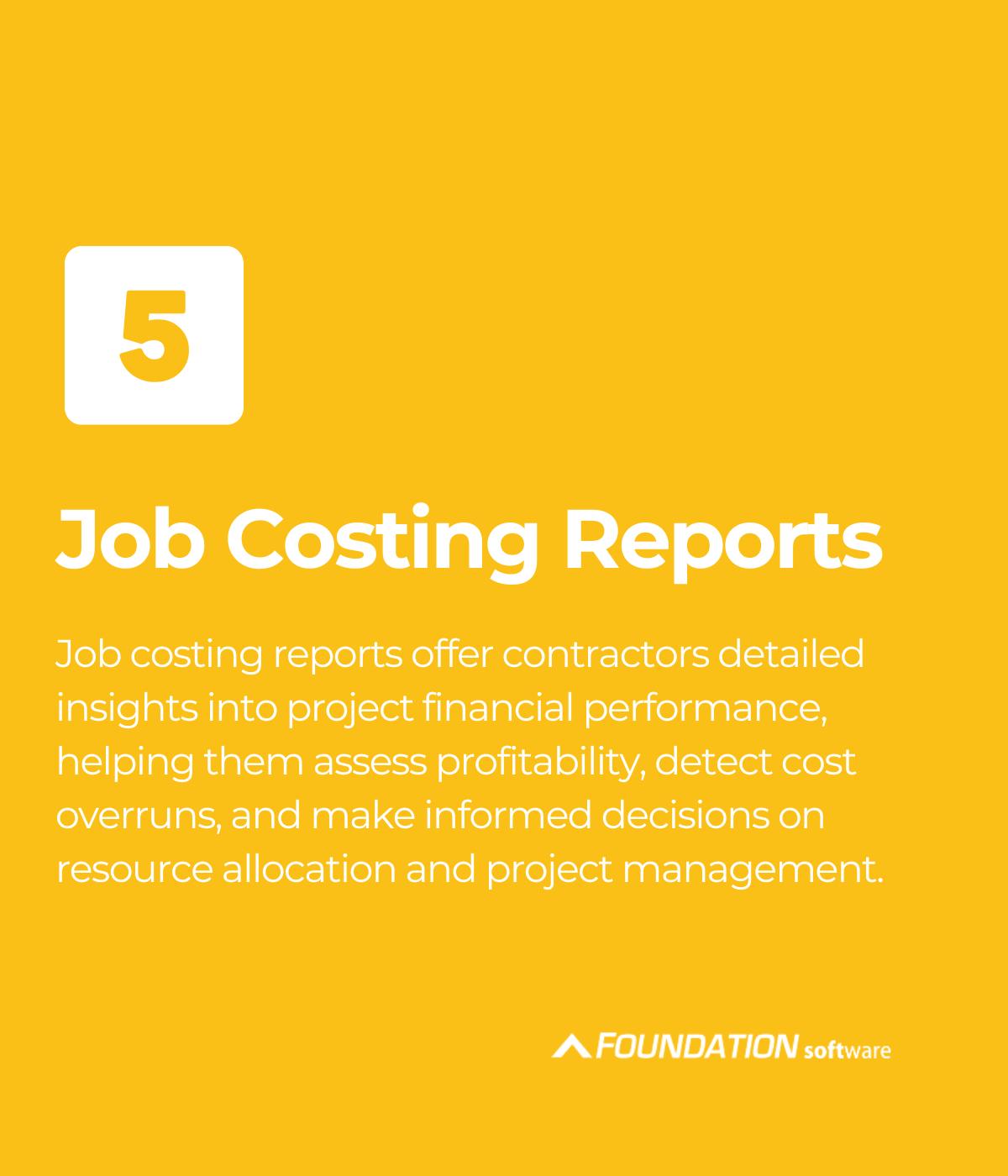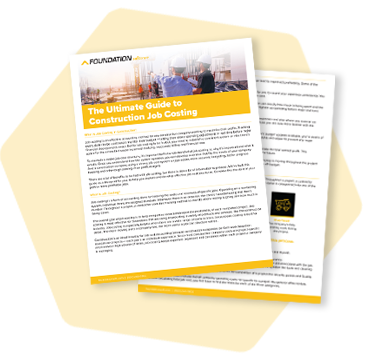

Guest Contributor: Justin Gitelman, LevelSet
Having a CPA in your corner has a wide variety of benefits for your construction business. Accountants can help contractors and suppliers streamline their accounting processes and prepare financial statements. The benefits from better accounting and financial reporting can reach far beyond a contractor’s books. A good construction accountant can even help their customer qualify for more projects, by increasing their bonding capacity.

How bonds work in construction
Bonds protect the owner (and their property) from risk on a project. Construction bonds are required on most public (e.g. government) projects. Property owners on private projects may also require them.
The federal Miller Act mandates that performance and payment bonds be posted for federal construction projects exceeding $100,000. States also have their own laws requiring bonds on government projects, known as “Little Miller Acts.”
If a contractor can’t get a bond, or can’t get a big enough bond line from a surety (the bond provider), they won’t qualify to work on those jobs.
Common construction bonds
There are three types of bonds that are most common on construction projects: bid, payment, and performance.
Bid bonds are required on public jobs when bidding and guarantee that, if a contractor’s bid is selected, the contractor will accept the job as bid.
A payment bond guarantees payment to all the subs and suppliers below the prime contractor on the project. It effectively protects the property owner from mechanics lien filings or other claims against the property itself.
Performance bonds are acquired by prime contractors and guarantee that they’ll finish the performance of the project contract.
There are a variety of other bonds, like maintenance bonds, supply bonds, subdivision bonds, and more. But bonding capacity works in a similar way for all of them.
How contractors benefit from larger bond lines
Sureties set limits on contractors for the amount of credit they’ll extend on a project. A single bond limit applies to a single job, while a bond line is the credit limit on all jobs. The bond line can include:
- Outstanding costs on current projects
- Projects you’ve bid on but haven’t been awarded yet
- Total cost of projects you’ve signed but not yet started
If you start bidding on several construction projects at once, it can stretch your surety bonding capacity to the limit. Until you increase your bond lines, your business might not be able to take on more or bigger jobs, qualify for government construction projects, or you simply won’t be properly positioned to perform on any further projects.
For example, if a contractor has a $500,000 single bond limit and a $1 million bond line, this means that the contractor can only work on contracts that don’t exceed $500,000. Yet, the $1 million bond line would allow the contractor to work on two jobs of $500,000. Contractors could even do four jobs of $250,000 or eight jobs of $125,000 and so on.
When you increase your bond lines, you can start to bid on larger jobs and grow your business. But first, contractors need to identify their current bond line. While your initial bond line might be small, bond lines can reach upwards of $20 million.
How sureties determine a contractor’s bonding capacity
A surety will mainly determine a contractor’s bonding capacity through their personal credit score. Construction sureties are more likely to provide you with a larger bonding capacity if you have a history of on-time payments.
Here are some additional factors sureties will consider when determining bonding capacity:
- Liquidity (working capital & net worth)
- Backlog of work
- Submitted financial statements with your accounting method
- Credit references
- Project references
How CPAs can help contractors qualify for a higher bond line
A good, construction-focused CPA knows what sureties and banks want to see from a contractor’s financial statements. A CPA can help contractors organize their financial statements per the requirements of the surety. They can even recognize losses in your current operations and mitigate their effects as you make your case to the surety.
Improve their credit score
CPAs know the ins and outs of improving a construction business’s credit score. The three main ways contractors can improve their FICO credit score is by:
- Checking for report errors
- Paying bills on time
- Reducing your debt below 50% of your limit
This won’t happen overnight, though. A construction CPA will mainly just provide the contractor with guidance as they work to improve their score. Contractors can improve their chances of receiving more surety credit as they focus on the retention of some of their profits.
Update their accounting method
Combined with proper financial statements, accounting methods can be used when contractors apply for a higher bonding limit. CPAs will help contractors identify and use the correct accounting method for their business size and bond requirements. There are four main accounting methods which a CPA can assist contractors with:
- The cash method – This is the least expensive method, and it’s generally most useful for smaller construction businesses. Because of this, it’s great for smaller bond lines. With the cash method, both revenues and expenses are recognized when they’re paid.
- The accrual method – The accrual method is the minimum needed for a mid-sized construction business. This method also includes accounts receivables due to revenue being recognized when billed.
- The percentage of completion method (POC) – If your business is financially strong, you may be able to take a bigger jump in your limits. POC is determined by an estimate of the costs incurred to the total estimated cost or value of a project. This method is ideal for most contractors.
- The completed contract method (CCM) – This method is ideal for bigger construction businesses. Once the project is completed, profits and costs on a contract get recognized.
CPAs can also produce audited financial statements. When applying for a higher bonding limit, contractors can work with a CPA to understand and organize their financial reports.
A compilation report is prepared by an accountant based on the numbers provided to them. They don’t run a check or analysis to verify the data. It’s the cheapest to produce, but it is also the least reliable. This allows contractors to reach a bond limit of $500,000 at most.
A reviewed report is a slightly deeper dive into your financial statements. The accountant performs some analysis of your financial data, and the accounting methods you used to arrive at those numbers. A review provides a slightly higher level of assurance. This statement can generally help contractors reach a bond limit of roughly $20 million.
An audited report requires the CPA to reproduce your financial statements, essentially from scratch. They dig into the source documents to verify each transaction and the calculations you used. It can take weeks, if not months, to produce a financial audit. As a result, they provide the highest level of assurance to a surety or bank. While publicly traded companies are required to produce audited financials, most construction companies won’t need to produce them unless they’re looking for a bond limit in excess of $20 million.
Reduce their backlog
A construction CPA might not be able to convince you to be more selective about the jobs you take, but they can support you with job costing reports. These reports will compare the various job types at your disposal and can help you determine the most profitable jobs out there.
As you start to reduce your backlog, you’ll be focused on getting more profitable jobs instead of just increasing workload. You want to find jobs that are not only profitable, but ones that also showcase your ability to manage and complete projects. The more successful projects your business has on your resume, the easier it will be to increase your bond line.

Construction CPAs Can Help Scale Your Growth
One of the many ways a construction CPA can help contractors increase their surety bond capacity is by scaling the growth of your business. The right CPA can help push your business towards expansion and push your growth with sureties. A CPA that provides you with the proper guidance over accounting methods is simultaneously helping your business appear more safe and secure in the eyes of sureties. CPAs can also help contractors avoid claims while also staying financially organized and transparent.
Understanding your financial health is critical when running any construction business, and especially when trying to increase bonding capacity. The right accounting method a CPA guides contractors through will help them determine and track their income and expenses. CPAs help can help you see how much money you’re receiving due to completed work, outstanding invoices, and work completed but unbilled. As a result, you’ll improve your personal finances and increase your business’s net worth.
Share Article
Keep on current news in the construction industry. Subscribe to free eNews!
Our Top 3 YouTube Videos
Learn about our software more in depth with product overviews, demos, and much more!
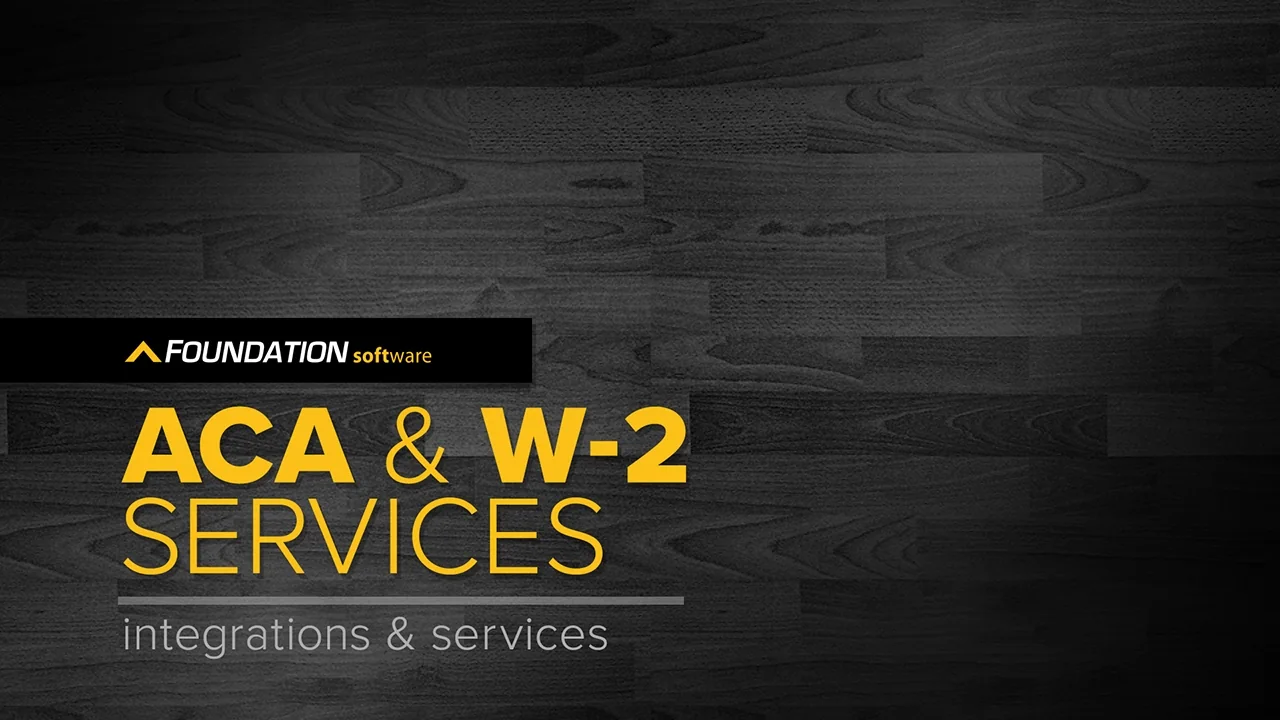
Our ACA reporting & e-filing services include official 1094-C and 1095-C IRS reporting, optional e-filing (no applying for a TCC code required), mailing to your employees and experienced support to help you.

There are plenty of reasons to make FOUNDATION your choice for job cost accounting and construction management software — just ask our clients!
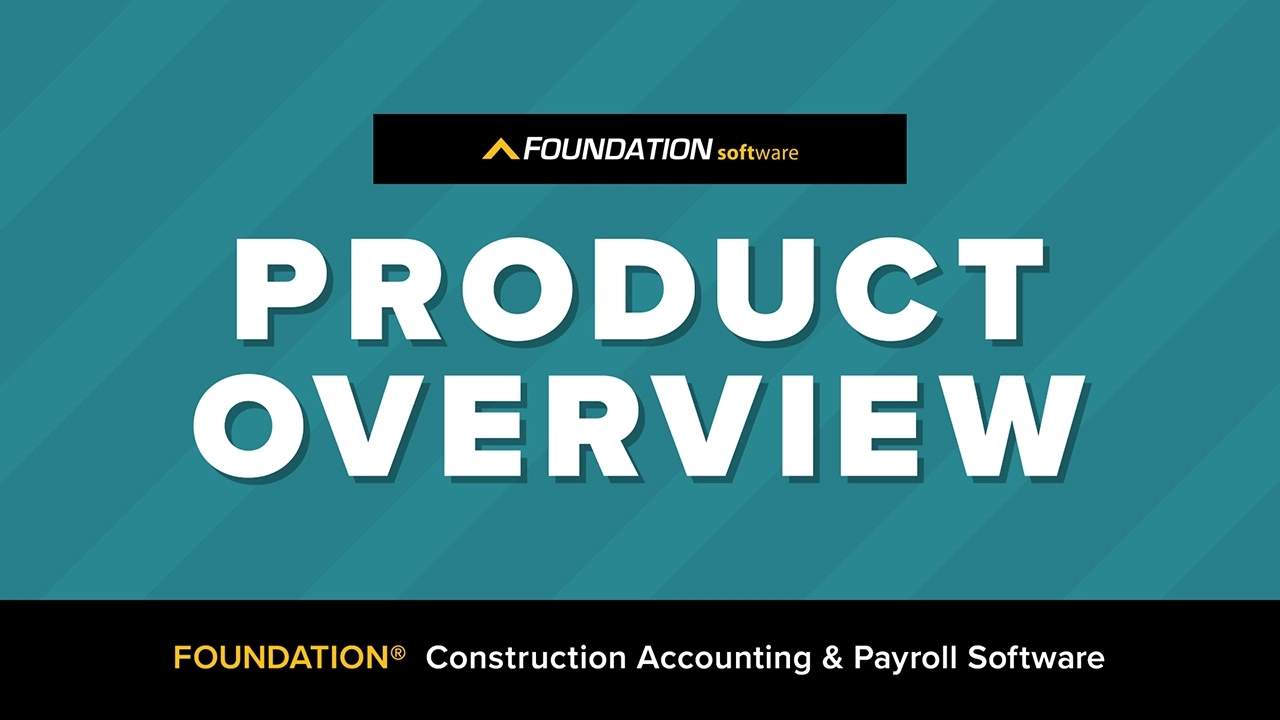
From job cost accounting software, to construction-specific payroll. Get an overview on your next all-in-one back-office solution.



